Your Horse Sense guide to keeping your horses fit and healthy in the field 24/7.
Groom minimally if the horse is not rugged. This will allow grease in the coat to provide some natural protection. Horses are herd animals and need companionship whilst in the field where possible and this way they will groom each other.
Regular visits to the field, at least twice a day, to check the horse and inspect the field is advised. Horses benefit from consistent human contact and handling. Feet should be picked out and inspected daily, and horses seen every six to eight weeks by a qualified farrier.
Abate flies! Flies can be a nuisance for horses during the summer months, particularly if a horse suffers from sweet itch. You may want to consider putting a fly sheet on or a mask to protect your horse from fly bites. There are many fly repellent sprays and insecticides available but some are more effective than others.
Stripgrazing or dividing your fields is an efficient way to maximise grass. Always make sure your dividing fences are in good order and check fencer batteries where appropriate.
Soil, water and grass sampling are an excellent place to start when it comes to optimising your grassland. The Irish Equine Centre has some good packages for horse owners to avail of.
Land needs to be fully rested to enable it to recover and new grass to grow. Soil samples can help to judge what, if any, fertiliser is required.
ACCESIBLE water, make sure fresh clean water is available at all times. Water troughs must be kept full, clean and fresh and should be checked daily for leaks or damage.
Nutrition is still important in the field. In addition to providing a safe and well-maintained field environment, horse owners who are keeping their animals in a field full-time should ensure that the horse gets the right level of nutrition, exercise, care and supervision. Nutritionists can help with this.
DROPPINGS should be removed frequently from paddocks and shelters to avoid attracting flies. The muck heap should be positioned away from where the horse is kept where possible.
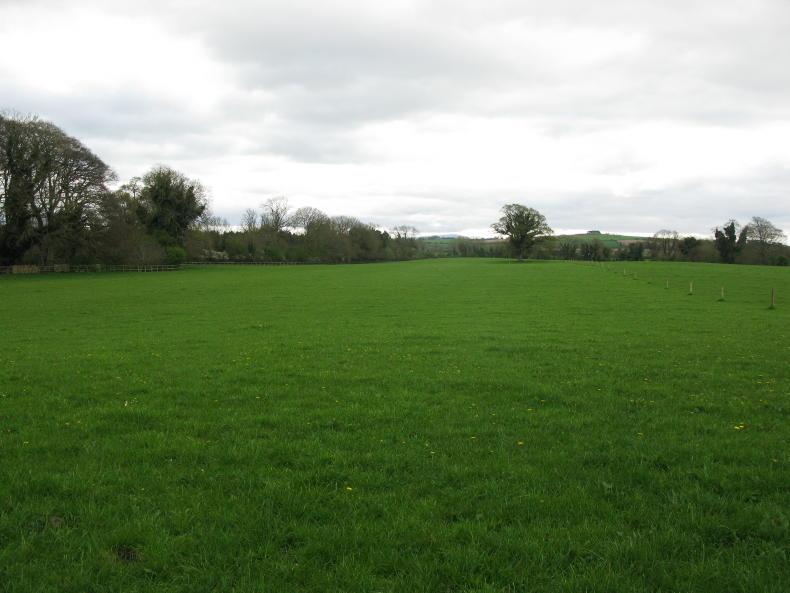



 This is a subscriber-only article
This is a subscriber-only article
 It looks like you're browsing in private mode
It looks like you're browsing in private mode





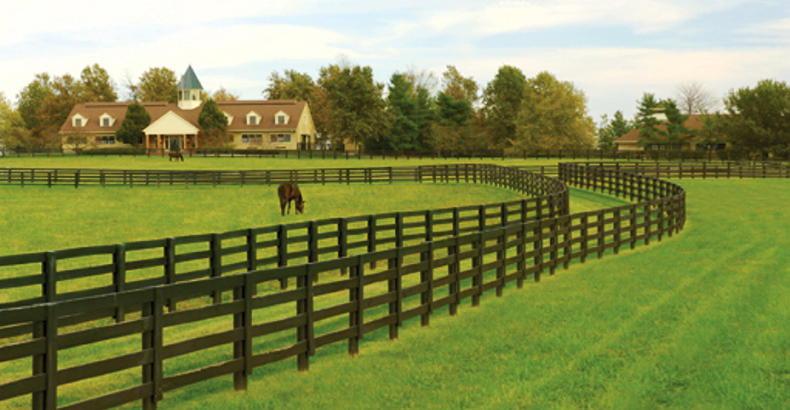
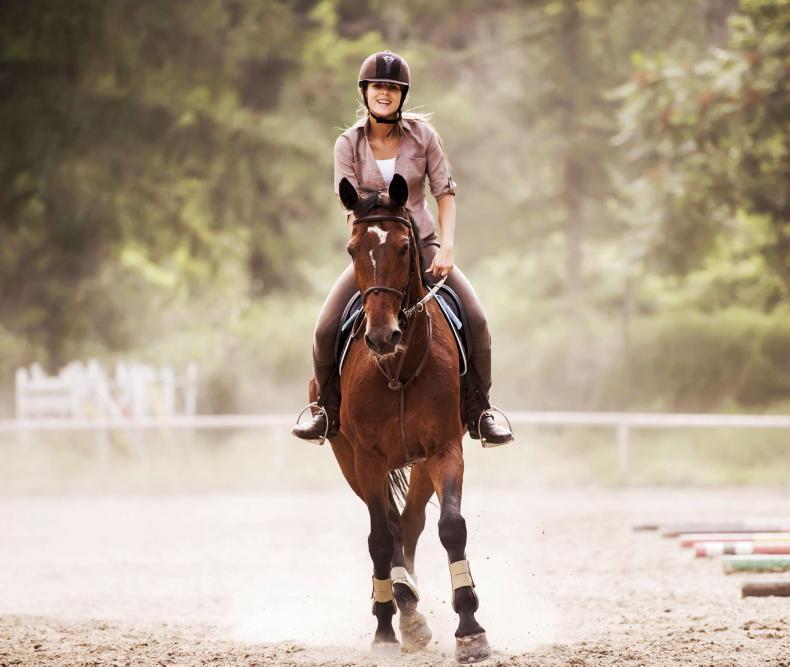
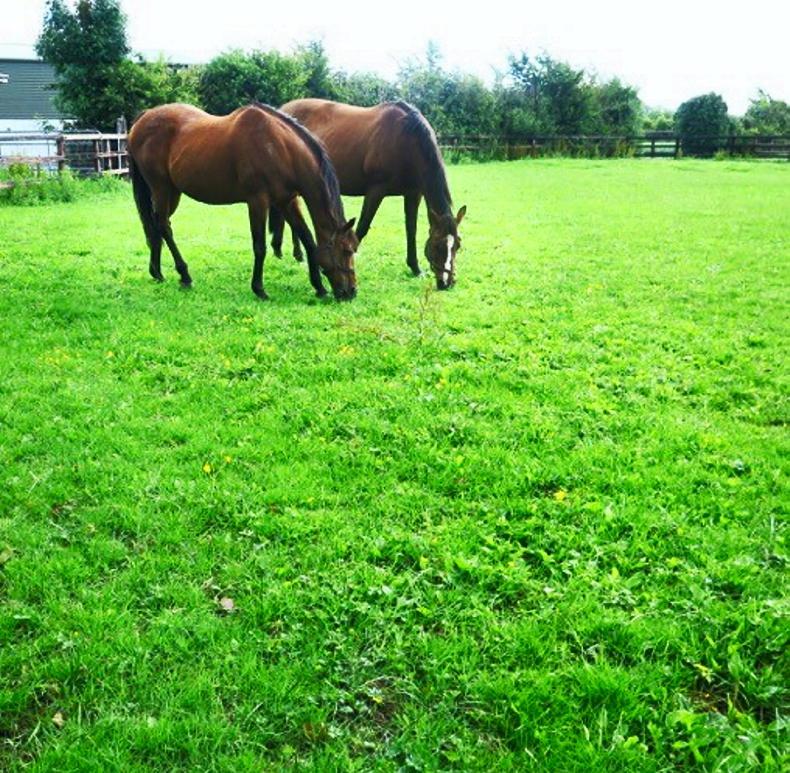
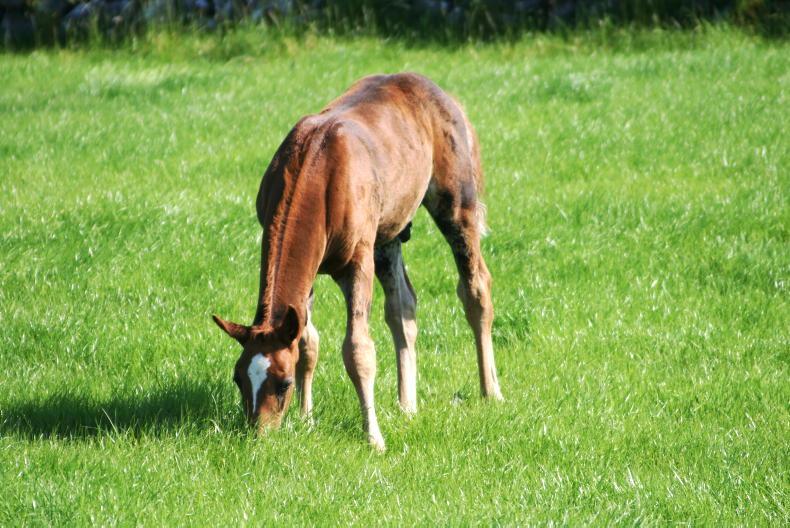
SHARING OPTIONS: